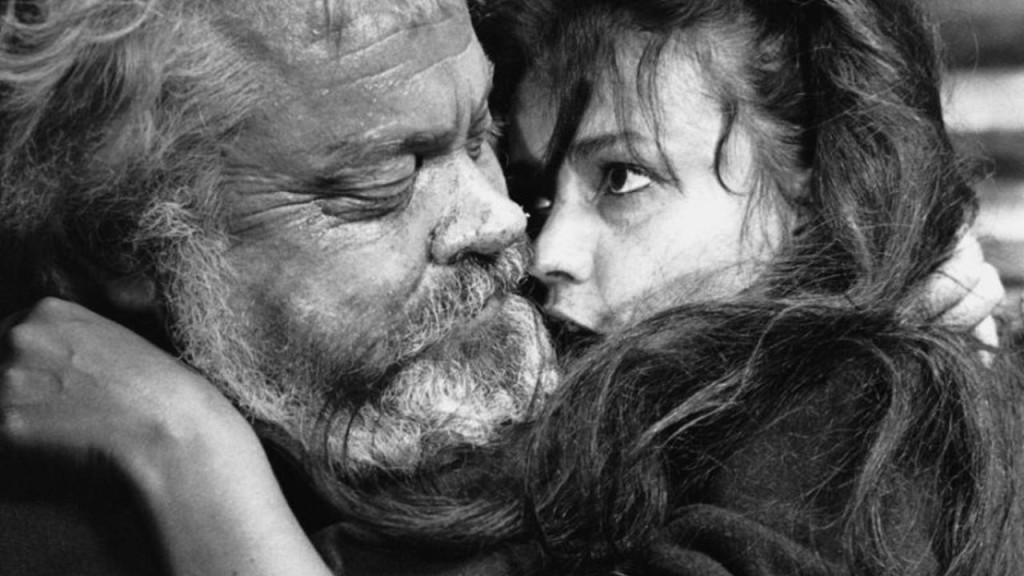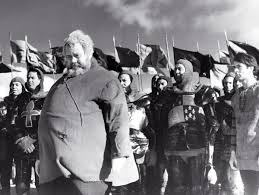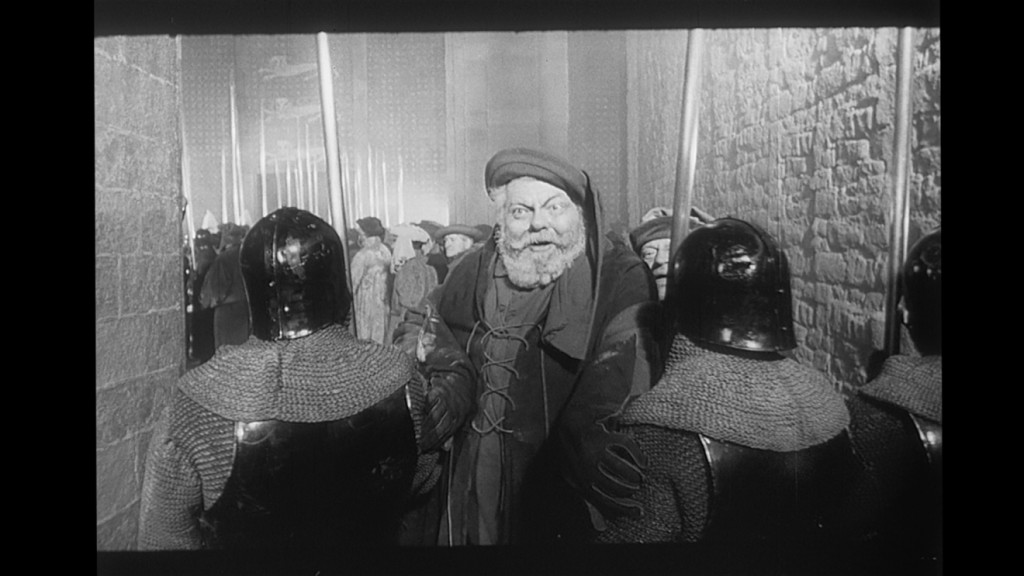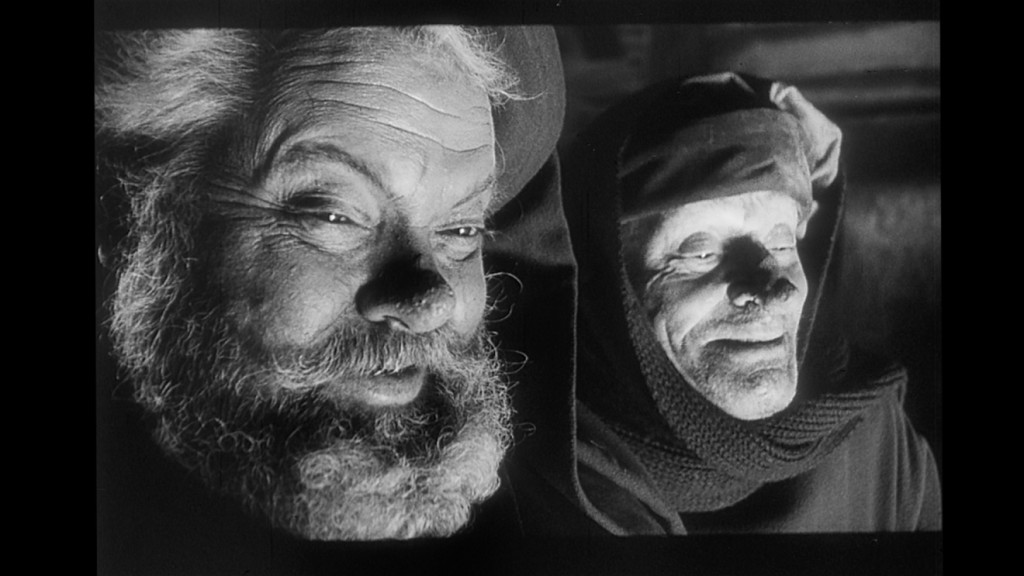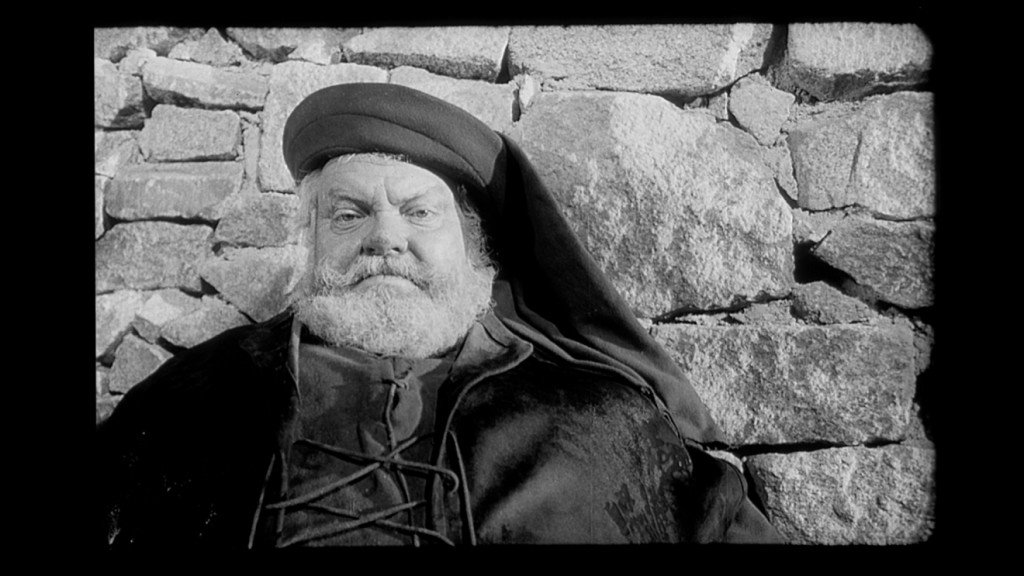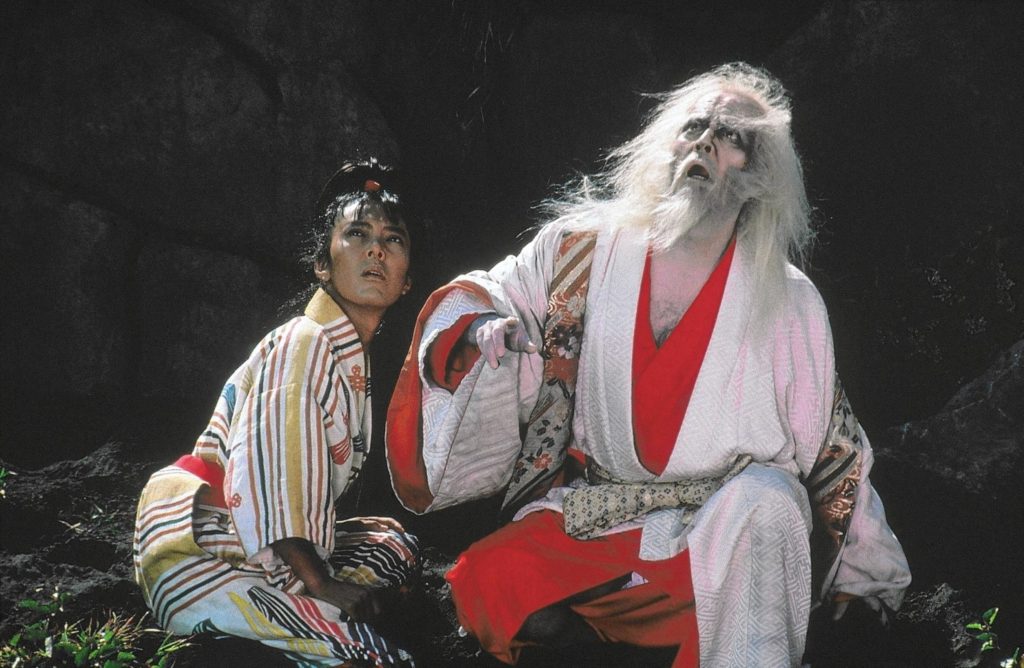
The first four are the gold standard of Shakespeare movies: Franco Zeffirelli’s 1968 Romeo and Juliet, Akira Kurosawa’s 1985 Ran, Kenneth Branagh’s 1989 Henry V and Orson Welles’ 1965 Chimes at Midnight.
THE VERY BEST
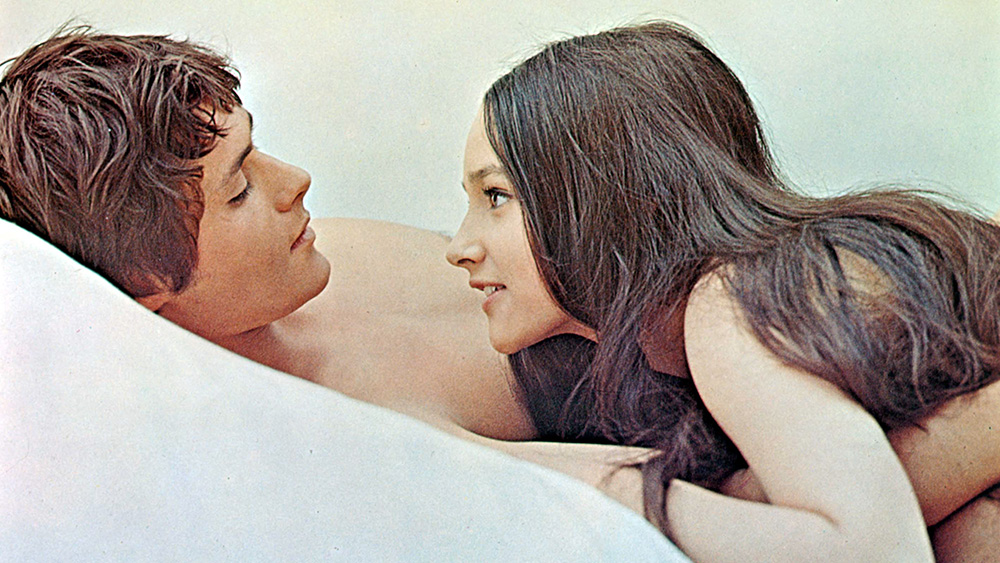
Romeo and Juliet (1968): The director Franco Zeffirelli made the highly original choice to cast actual teenage actors in what is supposed to be a story of teen passion, with its hormone-driven urgency. He also chose to depict sex in a romance. The film benefits from a magnificent score by Nino Rota. It’s also an exceptionally beautiful film, which won Oscars for cinematography and costume design. The luminous Olivia Hussey plays Juliet. Amazon (included with Prime), AppleTV, Vudu, YouTube and Google Play.
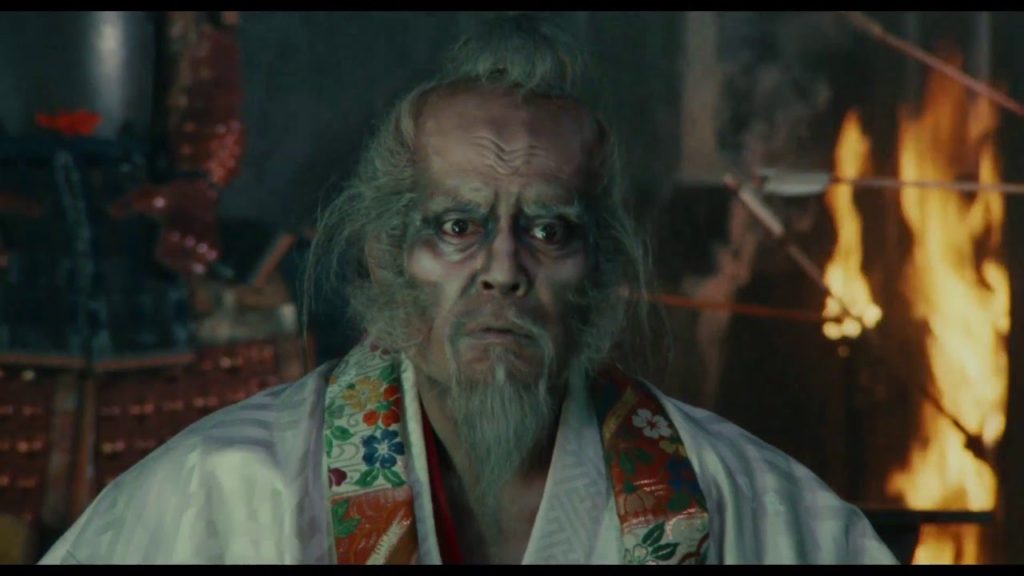
Ran (1985): The great director Akira Kurosawa set King Lear in feudal Japan. Kurosawa perfectly captures the vanity of the old king and his shock of his betrayal. This is one of the most visually spectacular films of all time, and certainly the most cinematic of Shakespeare films. Amazon (included with Prime), AppleTV, Vudu, YouTube and Google Play.
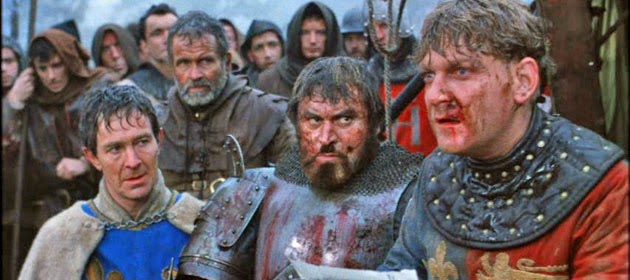
Henry V (1989): The actor and director Kenneth Branagh is the best modern interpreter of Shakespeare (and shows up on this list three times). Branagh gives us a Henry that is not just a Dead White Guy, but a young and impulsive king, fueled more by personal ambition and testosterone than national interest. Branagh’s St. Crispin’s Day speech is superb. As in all of Branagh’s adaptations, there is a solid cast, this one includes Brian Blessed, Derek Jacobi, Paul Schofield, Ian Holm, Judi Dench, Robbie Coltrane and, in a very early performance, Christian Bale. Vudu, Redbox and few others.
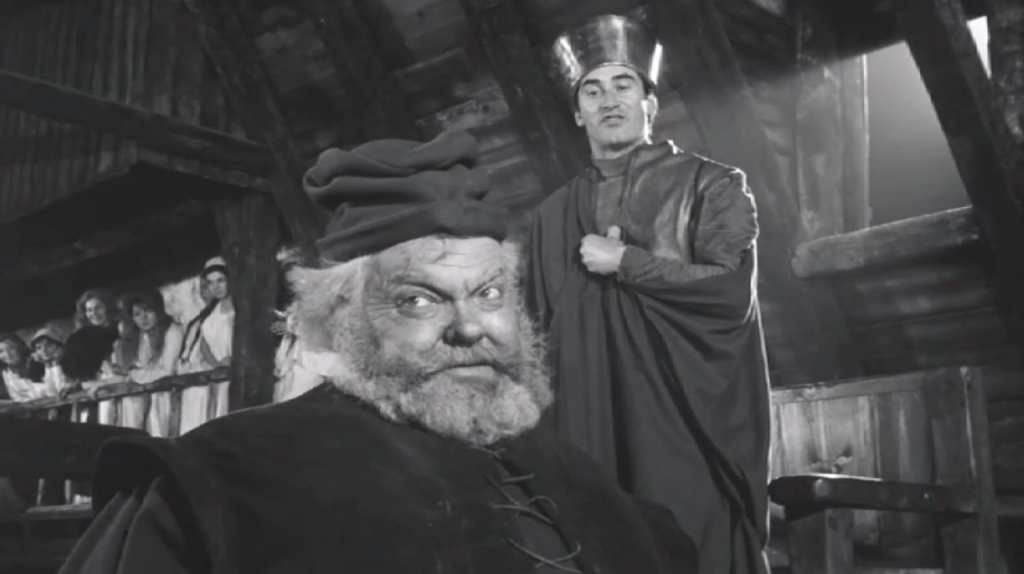
Chimes at Midnight: Orson Welles’ Shakespearean masterpiece. Welles’ genius was in braiding together parts of Henry IV Parts 1 and 2, some Richard III, Henry V and The Merry Wives of Windsor into a cohesive story of what he called “betrayal of friendship”. There’s a thrilling medieval battle scene, and when the friendship is betrayed, it’s devastating.
Chimes at Midnight was extremely hard to find until very recently, except for a bootleg on YouTube and a 2015 DVD released in the UK. It’s still not available to rent on DVD. Fortunately, Chimes at Midnight has become available to stream on Amazon, iTunes, Vudu, YouTube, Google Play and FilmStruck. And, of course, it plays occasionally on Turner Classic Movies.
THE REST OF THE BEST
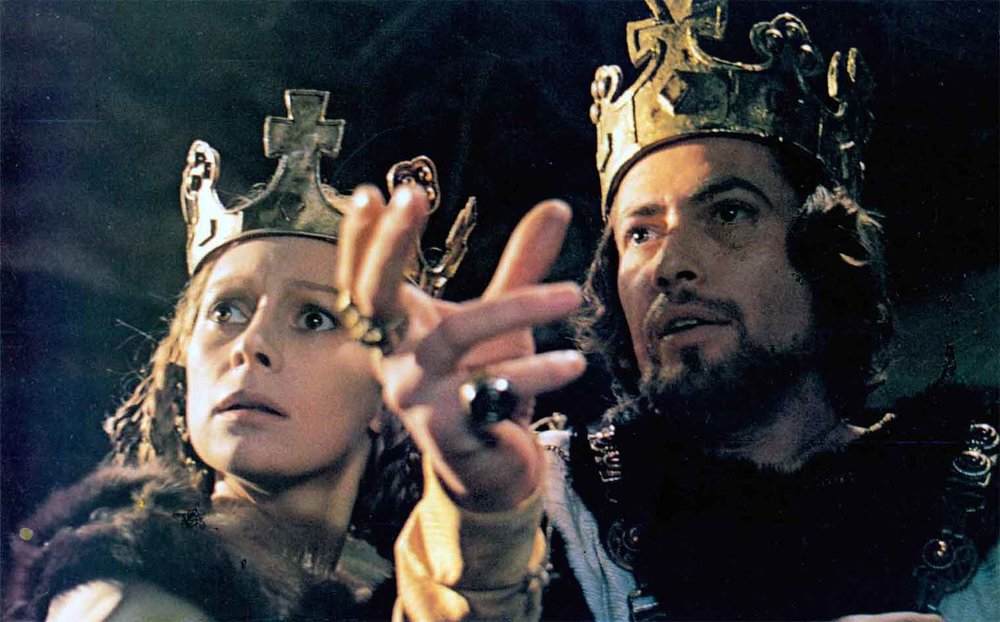
Macbeth (1971): Roman Polanski set Shakespeare’s definitive study of vaulting ambition in an especially dank and gloomy medieval Scotland. Unsurprisingly for a Polanski film, the witches and Macbeth’s visions are nightmarishly trippy. And Polanski makes Birnam Wood march on film as Shakespeare could not have dreamt of doing on stage. Amazon, AppleTV, Vudu, YouTube and Google Play.
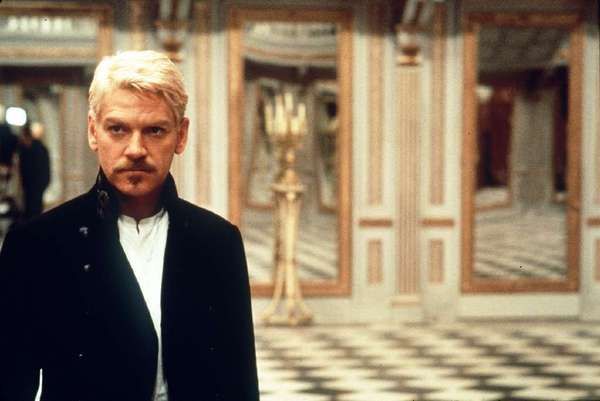
Hamlet (1996): Kenneth Branagh reshuffled the deck by setting his unabridged (242 minutes) Hamlet, not in a gloomy medieval castle, but in an opulent 19th century palace – and shot in the real Blenheim Palace. It’s another impressive British cast featuring Branagh along with Derek Jacobi, Julie Christie, Nicholas Farrell, Brian Blessed and Kate Winslet; John Gielgud, Richard Attenborough and Judi Dench all show up, along with the decidedly non-British Billy Crystal, Robin Williams, Charlton Heston, Jack Lemmon and Gerard Depardieu. Amazon, AppleTV, Vudu, YouTube and Google Play.
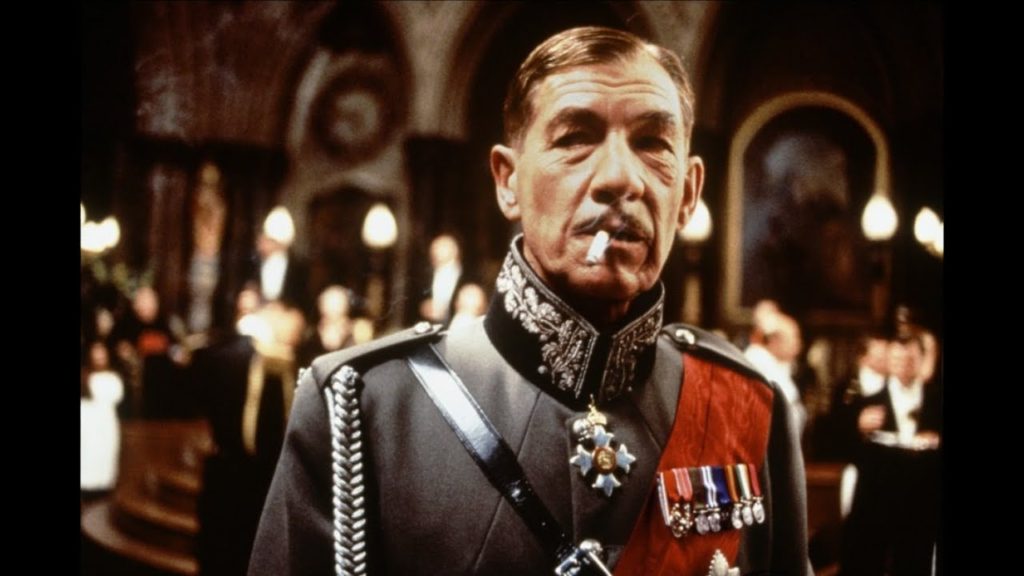
Richard III (1995): This version stars Ian McKellen as Shakespeare’s most deliciously unashamed bad guy. The most interesting artistic choice here is that it is set in a fictional 1930s fascist Britain. Vudu.

Much Ado About Nothing (2013): Director Joss Whedon (The Avengers, Buffy the Vampire Slayer) takes a break from pop with Shakespeare’s Much Ado About Nothing. It’s set in current times (with iPods and cupcakes) and filmed in black and white at Whedon’s Santa Monica home. It worked for me. Whedon’s version brings out the screwball comedy sensibility of the tale. Indeed, there’s really nothing uniquely 16th century about the plot: one couple is perfectly matched but they think that they despise each other, another couple is head over heels in love and a mean, unhappy villain wants to break up the romance. It’s all good fun, and there’s no need to review the play before enjoying it. Amazon, AppleTV, Vudu, YouTube and Google Play.
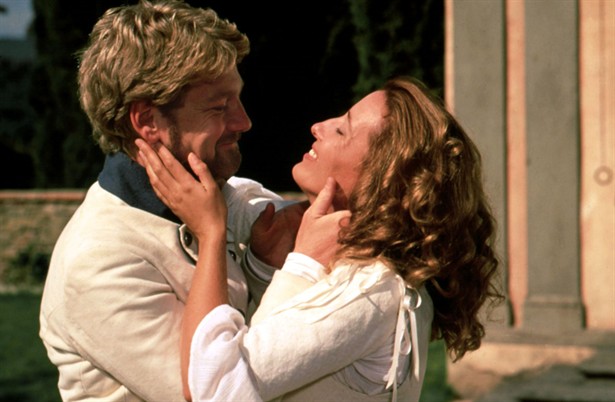
Much Ado About Nothing (1993): Comparatively few of Shakespeare’s comedies have become good movies, but Kenneth Branagh made the best of the good ones. Set in sunny Tuscany, this is a visually and thematically bright film. The best part, of course, is the war of wits between Branagh and then-wife Emma Thompson. They are surrounded by a typically excellent Branagh cast – Denzel Washington, Imelda Staunton, Brian Blessed and Kate Beckinsale. Unfortunately, Keanu Reeves has also wandered into to this movie and glowers a lot for no apparent reason. Amazon (included with Prime), AppleTV, Vudu, YouTube and Google Play.
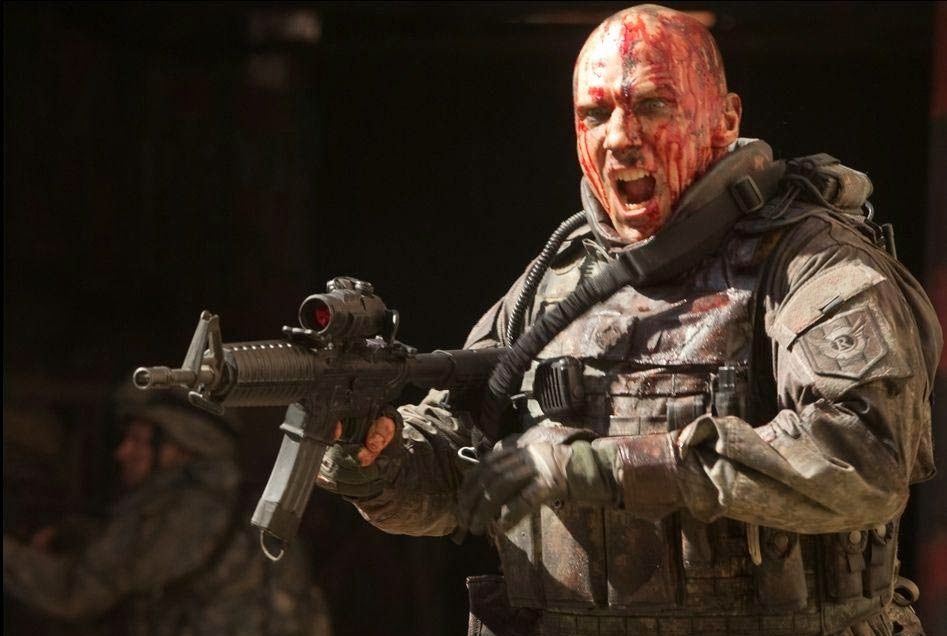
Coriolanus (2012): The actor/director Ralph Fiennes has done well to set Shakespeare’s tale of ancient Rome into the present. This story of war and politics comes alive in today’s world of cable television news, with its crawling captions and pundits, protest demonstrations and soldiers in Humvees. By stripping away the swords and togas, Fiennes helps us recognize the ambition, personal stubbornness, political treachery and the fickleness of public opinion at the core of the story. Coriolanus benefits from splendid performances by Vanessa Redgrave and Brian Cox. Amazon, AppleTV, Vudu, YouTube and Google Play.
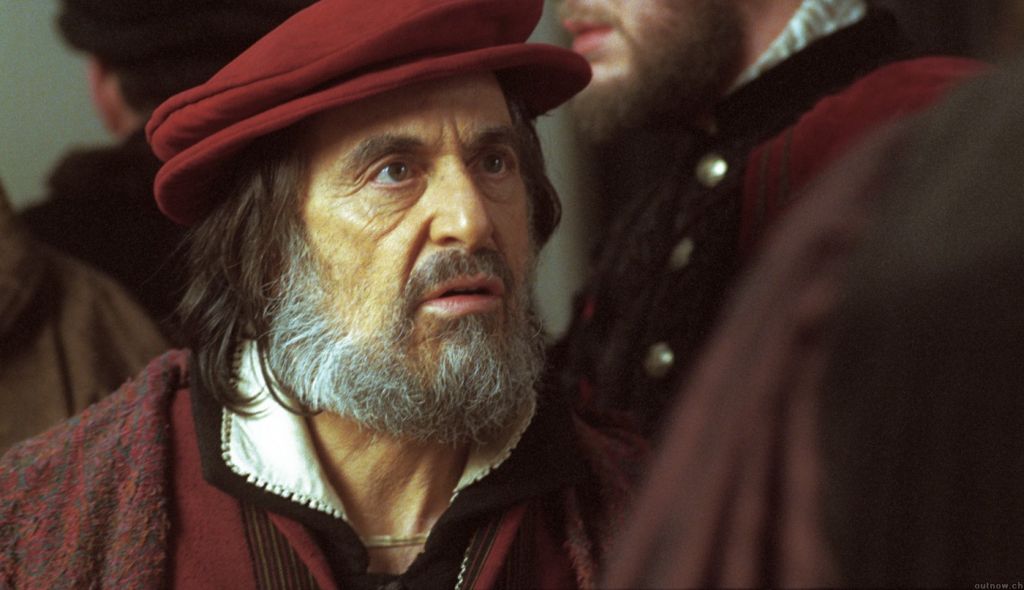
Merchant of Venice (2004): Amid the robes of medieval Venice, the actor Al Pacino puts a modern take on Shylock in this fine adaptation. This film addresses antisemitism with an added opening that explicitly describes persecution of Jews in medieval Venice = and Pacino eschews the traditional and offensive fake nose. Amazon, Vudu, YouTube and Google Play.
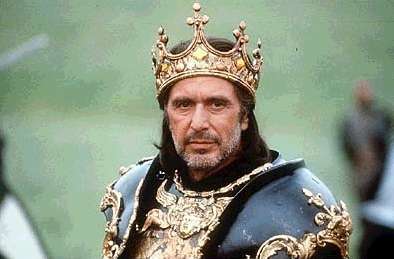
Looking for Richard (1996): This is an excellent documentary of the actor Al Pacino’s process in developing his lead portrayal in a stage production of Richard III. It’s not just about the hump. Amazon, AppleTV, Vudu, YouTube and Google Play.
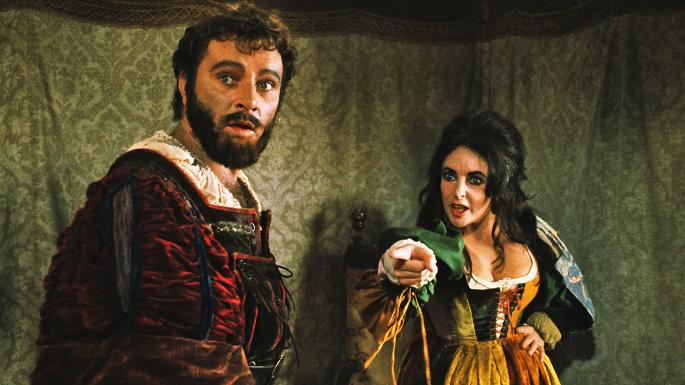
The Taming of the Shrew (1967): Franco Zeffirelli makes the list again with this vibrant and boisterous film. Who to star in this battle of the sexes? Richard Burton and Elizabeth Taylor, by all accounts, shared a disorderly relationship marked with passion, humor and tumultuous upheavals. All of that comes through in their portrayals of two type A personalities crashing into romance. Amazon, AppleTV, Vudu, YouTube and Google Play.
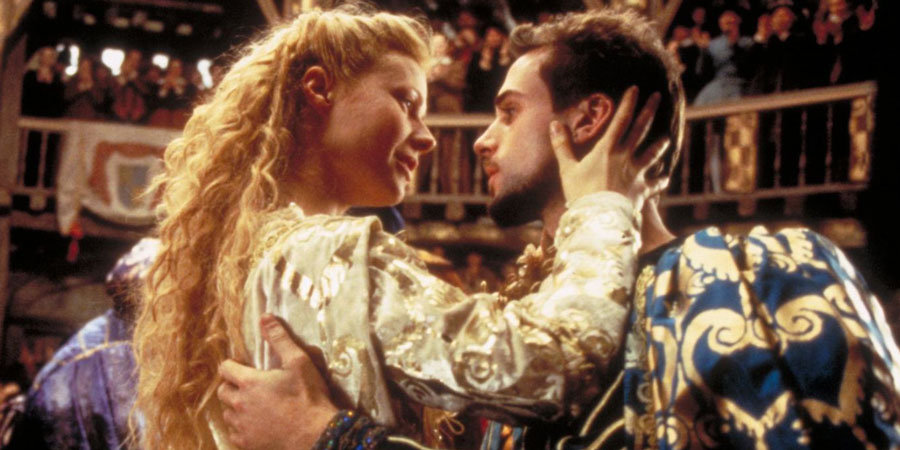
Shakespeare in Love (1998): Well, this did win the Best Picture Oscar. It’s also very funny, and wonderfully takes us into the grimy world of Elizabethan show biz; as in Hollywood, the writer (Joseph Fiennes as Will himself) is low man on the totem pole. Geoffrey Rush is excellent as a producer, and Gwyneth Paltow, Tom Wilkinson and Judi Dench all sparkle. Amazon, AppleTV, Vudu, YouTube and Google Play.
And NOT on this list…
Okay, why is there no Laurence Olivier (Henry V, Hamlet, Richard III, Othello)? And why aren’t Orson Welles’ Othello and Macbeth on this list? Indeed, Olivier was greatest Shakespearean stage actor of his age and made several movies that capture those performances. I guess that it’s a just matter of taste. To my contemporary eye, Olivier’s grab-the-skull-and-gesture-dramatically-and-start-declaiming style of acting just doesn’t work for me.
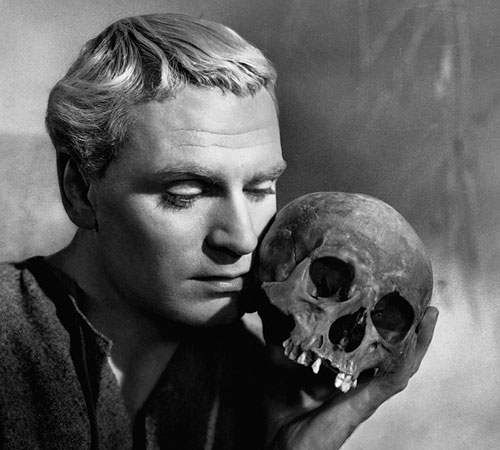
And Welles? Welles aspired to make groundbreaking cinematic Shakespeare. Unfortunately, Welles’ artistic self-indulgence had frozen him out of Hollywood financing. Therefore, his low-budget indies Othello and Macbeth are too low-budget, and the low production values are distracting. But his Chimes at Midnight makes up for it – another Welles masterpiece.


